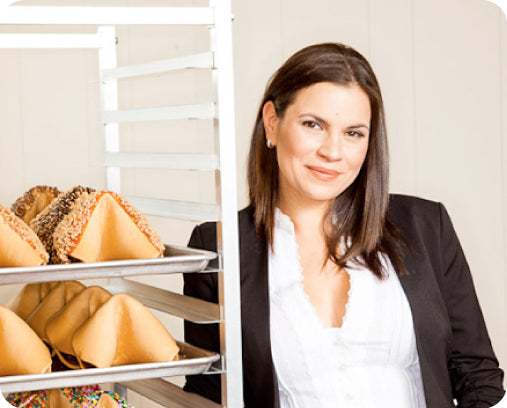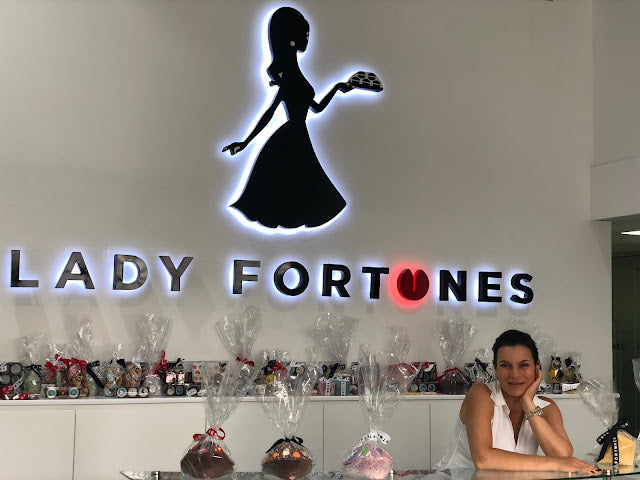 Since January 2022, the U.S. commercial egg industry has faced devastating losses due to a highly pathogenic avian flu, leading to the destruction of over 57 million chickens. This crisis triggered a severe egg shortage, driving prices skyward. According to the U.S. Department of Agriculture, the average cost of a dozen eggs surged from $1.93 in January 2022 to $4.25 by December 2022. While prices stabilized in 2023, American consumers continue to grapple with the lingering effects of this shortage.
Since January 2022, the U.S. commercial egg industry has faced devastating losses due to a highly pathogenic avian flu, leading to the destruction of over 57 million chickens. This crisis triggered a severe egg shortage, driving prices skyward. According to the U.S. Department of Agriculture, the average cost of a dozen eggs surged from $1.93 in January 2022 to $4.25 by December 2022. While prices stabilized in 2023, American consumers continue to grapple with the lingering effects of this shortage.In California, the situation is further complicated by Proposition 12, a law mandating that all eggs sold in the state, including those from out-of-state producers, must come from cage-free hens. This regulation has significantly increased production costs for egg farmers. Debbie Murdock of the Pacific Egg and Poultry Association noted, “Even without avian influenza, California doesn’t produce enough eggs to meet its demand and relies on out-of-state eggs to bridge the gap,” highlighting the state’s dependency on external suppliers.
 For Lady Fortunes® Inc., a Los Angeles-based bakery and confectionery, these challenges have hit hard. “We’ve been overwhelmed by rising egg costs and shortages, which have delayed purchase orders for clients like Williams Sonoma and QVC,” explains Daria Artem, Founder and CEO. Proposition 12 has compounded the issue, making egg sourcing a costly and complex ordeal. Lady Fortunes® relies on egg products like pasteurized egg whites in powder form and meringue powders, sourced from out-of-state suppliers. However, these suppliers can only provide products certified as cage-free, which come with a steep price hike—often 20% to 50% more than conventional options. “Lead times are also unpredictable,” Artem adds, noting that cage-free eggs are still treated as a ‘special order item,’ resulting in delays of weeks or even months.
For Lady Fortunes® Inc., a Los Angeles-based bakery and confectionery, these challenges have hit hard. “We’ve been overwhelmed by rising egg costs and shortages, which have delayed purchase orders for clients like Williams Sonoma and QVC,” explains Daria Artem, Founder and CEO. Proposition 12 has compounded the issue, making egg sourcing a costly and complex ordeal. Lady Fortunes® relies on egg products like pasteurized egg whites in powder form and meringue powders, sourced from out-of-state suppliers. However, these suppliers can only provide products certified as cage-free, which come with a steep price hike—often 20% to 50% more than conventional options. “Lead times are also unpredictable,” Artem adds, noting that cage-free eggs are still treated as a ‘special order item,’ resulting in delays of weeks or even months.Beyond the financial strain, Artem points out a deeper issue with Proposition 12: its misleading promise of “cage-free” conditions. Despite the label, many cage-free chickens are far from free, often confined in windowless, overcrowded buildings under harsh conditions comparable to those of caged hens. “In reality, cage-free chickens have just as little space as those in battery cages,” Artem reveals, calling the regulation hypocritical. “I’m still in shell shock. Our competitors pay less for egg products while we’re forced to spend significantly more for ‘cage-free’ eggs from chickens that are still confined—it’s a total contradiction.”
 For bakeries like Lady Fortunes®, which use egg whites in products such as macarons and royal icing decorations, these added costs and delays are a heavy burden, offering little real benefit to the animals the law aims to protect.
For bakeries like Lady Fortunes®, which use egg whites in products such as macarons and royal icing decorations, these added costs and delays are a heavy burden, offering little real benefit to the animals the law aims to protect. “Just because you slap a nice label on something doesn’t mean it’s serving the purpose you think it’s meant to,” Artem concludes, urging consumers to look beyond surface-level claims.






Leave A Comment